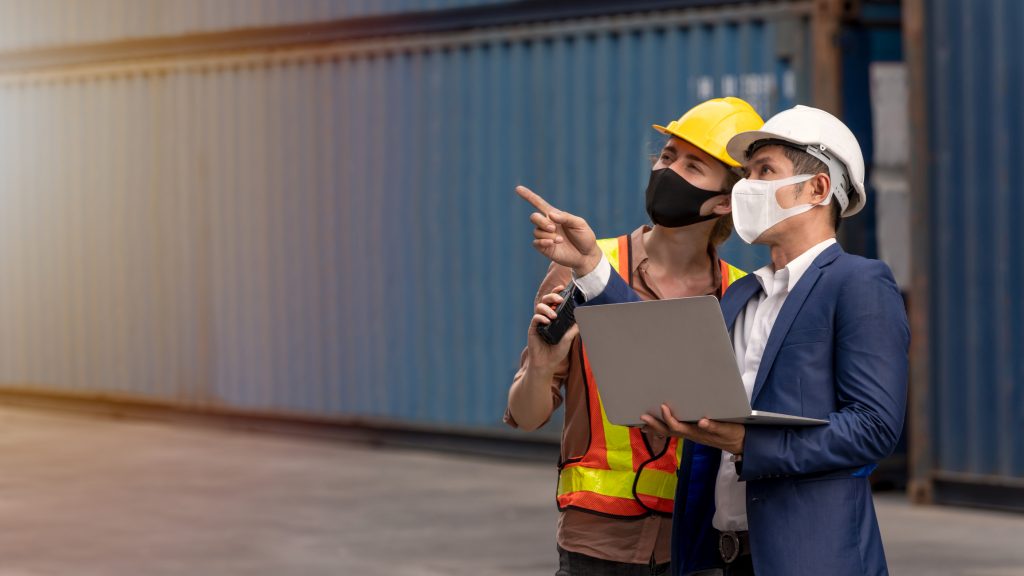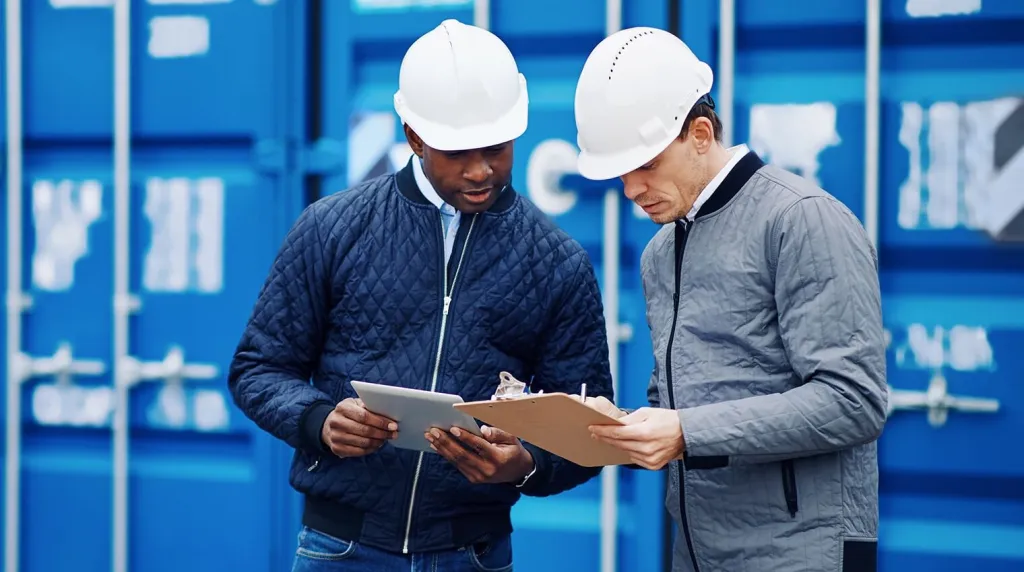Ensuring a safe and healthy workplace is a continuous challenge for many industries, particularly in environments like food manufacturing where safety is paramount. Knowing when to call for industrial hygiene consulting can make a critical difference in protecting employees and maintaining compliance. The complexities involved in hazard identification, risk management, and regulatory adherence often require specialized expertise that goes beyond routine safety checks. This is especially true when integrating effective food processing safety solutions into daily operations to minimize health risks and improve overall safety outcomes.
Recognizing the Need for Industrial Hygiene Consulting
Many organizations operate under the assumption that their current safety programs are sufficient until an incident or near-miss signals otherwise. However, proactive businesses recognize early warning signs that indicate it’s time to seek professional industrial hygiene consulting. Whether you manage a food processing facility or a similar industrial environment, understanding when to engage experts is essential.
If your workplace is experiencing unexplained health complaints among workers—such as respiratory issues, skin irritations, or frequent fatigue—it may be a sign that invisible hazards are present. These symptoms often point to poor air quality, chemical exposure, or ergonomic stressors that can be accurately identified and addressed through industrial hygiene consulting. Employing expert advice ensures that these issues are resolved before they escalate into costly health problems or regulatory violations.
The Role of Industrial Hygiene Consulting in Food Processing Safety Solutions
Food processing environments present unique challenges due to the variety of chemicals, airborne particles, and physical demands on workers. Effective food processing safety solutions must incorporate thorough hazard assessments and tailored control measures. This is where industrial hygiene consulting is invaluable.
Consultants bring specialized knowledge in evaluating the specific risks associated with food production, such as exposure to allergens, sanitizers, dust, and repetitive tasks. Their expertise helps companies implement targeted interventions that improve workplace conditions and reduce injury rates. By integrating these solutions, food processing plants not only comply with safety regulations but also protect employee health, which directly impacts product quality and operational efficiency.
When Regulatory Compliance Becomes Complex
Compliance with occupational health and safety regulations can be overwhelming, especially in the dynamic food processing industry. Regulations often change, and the breadth of standards—from chemical handling to ergonomics—can be difficult to navigate without expert help. This is a clear indication that it’s time to engage industrial hygiene consulting services.
Experts in this field stay current with regulatory changes and assist companies in interpreting how these affect their specific operations. By aligning food processing safety solutions with legal requirements, consultants help organizations avoid penalties and ensure audits and inspections run smoothly. Their guidance is crucial for designing compliant safety programs that remain effective amid evolving industry standards.

Addressing New or Unusual Hazards
Industries, including food processing, continually evolve with new technologies, chemicals, and production methods. Each change may introduce previously unknown risks that require assessment and mitigation. Calling on industrial hygiene consulting allows companies to stay ahead of potential hazards.
For example, introducing a new sanitizer or cleaning agent may improve sanitation but also increase the risk of chemical exposure to workers. Consultants can evaluate these changes through air sampling, exposure monitoring, and health risk assessments to develop customized food processing safety solutions. These efforts help maintain a safe environment even as operational practices change.
Enhancing Existing Safety Programs
Even established safety programs benefit from the fresh perspective and technical expertise provided by industrial hygiene consulting. Periodic reviews by external consultants can uncover gaps and inefficiencies that internal teams might overlook. This process ensures that food processing safety solutions remain current and effective.
Industrial hygiene professionals can recommend improvements such as better ventilation, optimized personal protective equipment (PPE) protocols, or ergonomic adjustments. These targeted enhancements support worker wellbeing and can reduce incidents related to overexertion, exposure, or fatigue. In turn, this fosters a culture of continuous improvement in workplace safety.
Preparing for Incident Investigations
When workplace accidents or near-misses occur, understanding the root cause is essential for preventing recurrence. This is another situation where industrial hygiene consulting proves invaluable. Consultants have the technical skills and tools to conduct thorough investigations that identify underlying hazards.
In food processing facilities, where contamination or chemical exposure incidents may arise, food processing safety solutions informed by these investigations are critical. They provide actionable recommendations to rectify hazards and enhance safety protocols, ensuring workers are protected going forward. This proactive approach also demonstrates due diligence to regulators and stakeholders.
Supporting Worker Health and Productivity
Ultimately, the goal of calling in industrial hygiene consulting is to create a healthier, safer workplace that benefits both employees and the business. Well-designed food processing safety solutions reduce the incidence of occupational illnesses and injuries, leading to lower absenteeism and higher productivity.
Consultants focus not only on compliance but also on sustainable health improvements. By addressing environmental conditions, chemical exposures, and ergonomic risks, they help organizations cultivate a workforce that feels valued and protected. This positive impact resonates through increased morale and operational success.
Conclusion: Timing Is Critical for Industrial Hygiene Consulting
Knowing when to call for industrial hygiene consulting is crucial for maintaining an effective workplace safety program. Whether addressing unexplained health issues, regulatory complexity, new hazards, or continuous improvement needs, these experts provide vital guidance. Especially in food manufacturing, integrating specialized food processing safety solutions with industrial hygiene expertise ensures that worker protection and compliance are never compromised.
Taking a proactive stance by engaging industrial hygiene consulting services at the right time can prevent costly incidents, enhance worker wellbeing, and strengthen your company’s safety culture. Waiting too long to seek help risks employee health and regulatory repercussions, while timely intervention fosters a safer, more productive workplace.




